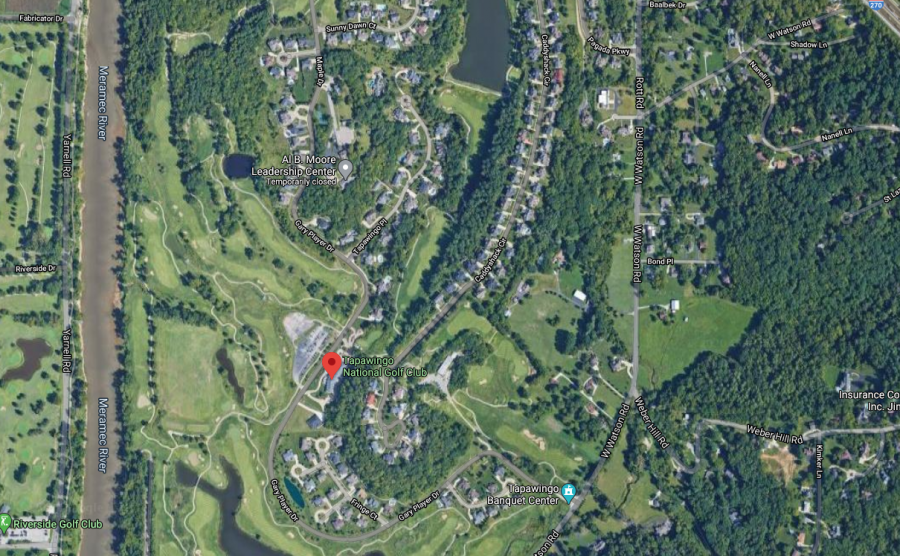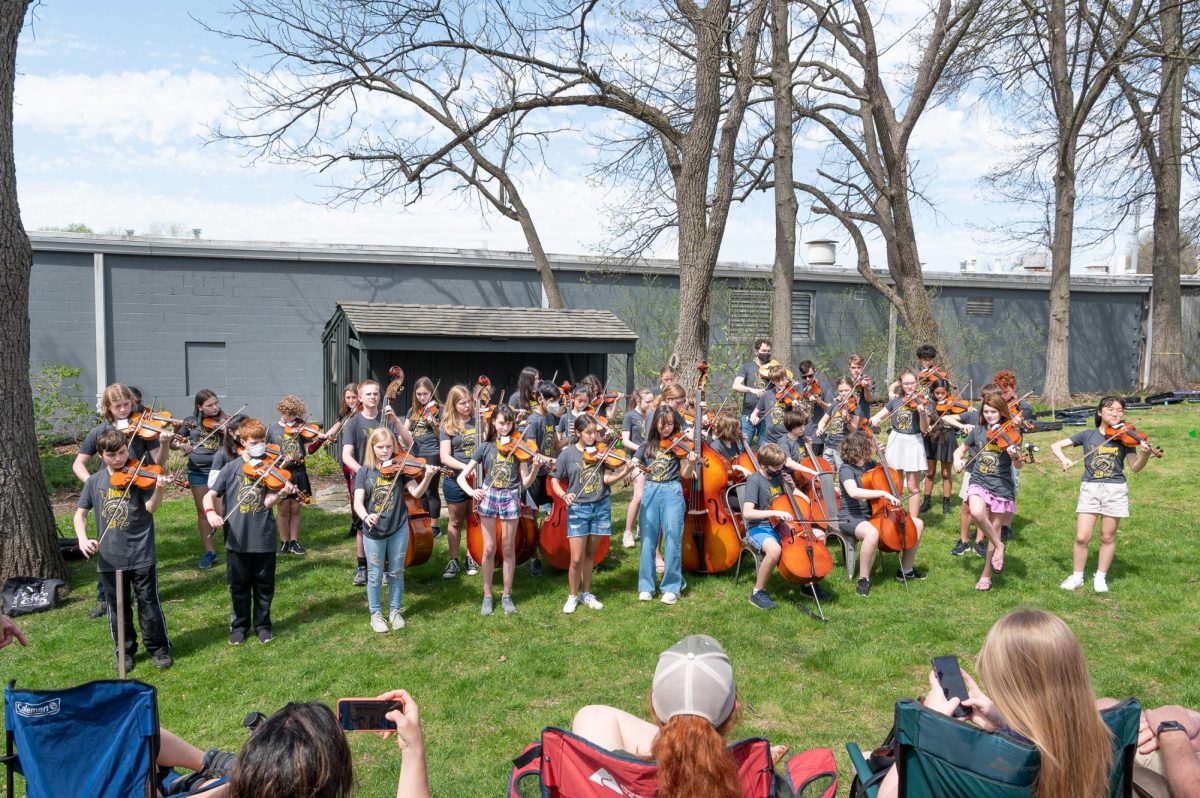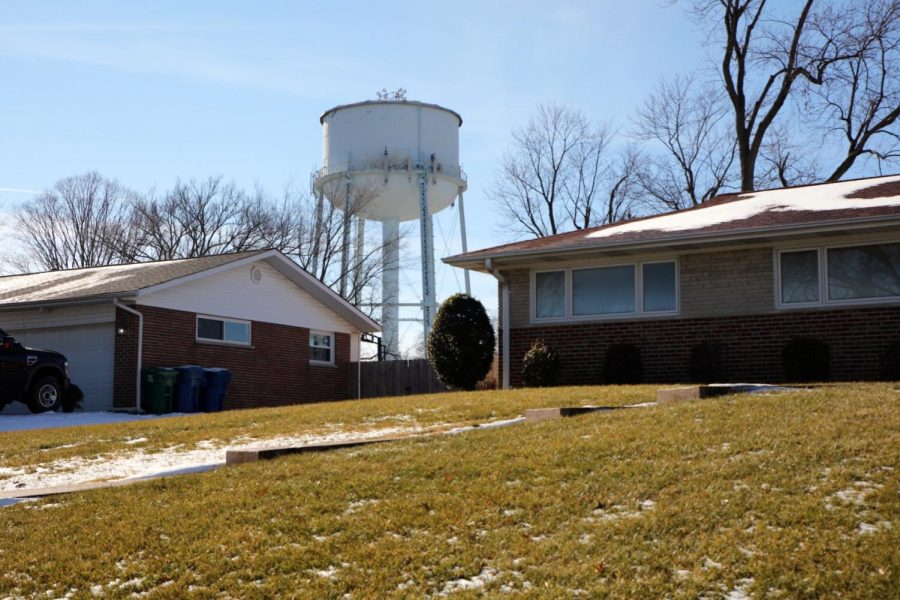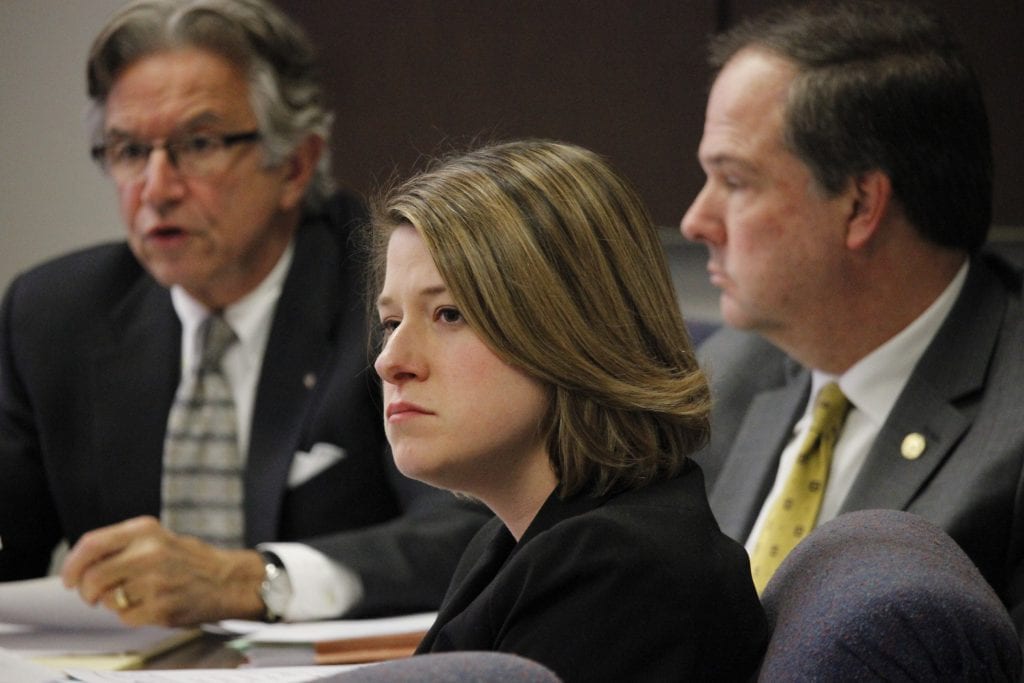The Sunset Hills Planning and Zoning Commission unanimously recommended denial of a petition for the city to accept private streets in the Manors of Tapawingo at its meeting Aug. 5.
The commission also recommended continuing to work together moving forward, specifically to break the plan down to streets the city would want.
The petition called for the city to assume control and maintenance of 1,003 slabs in the neighborhood — these include Pagaday Way, Caddyshack Circle, Marchem Circle, Sunny Dawn Court, Kahlia Way and parts of Maple.
Bob Flynn, Tapawingo trustee, said the residents are essentially paying for roads that are no longer private because Lindbergh Schools used land that can be accessed through Tapawingo.
An ordinance adopted by the Board of Aldermen in early 2016 outlines the steps required for Sunset Hills to accept private streets for city maintenance. Since then, Tapawingo representatives said they have attempted to comply with the ordinance.
According to a response to a city report in 2019, written by Attorney Colleen Ruiz of Lathrop Gage, who is representing some of the Tapawingo property owners, Tapawingo will pay for the repairs to 63 slabs deemed unsatisfactory by the city, has replaced seven traffic signs and gotten storm sewers accepted by the Metropolitan Sewer District.
City Engineer Bryson Baker said the Public Works Committee recommended denial in July because 200 slabs in the requested takeover at the time showed signs of cracking.
“It’s not black and white, it’s not ‘Here do these five things and we’ll accept your streets,’” Baker said. “It’s ‘Here are all the issues, you need to tell us how you’re going to abate those issues.’”
He said slabs are made to last 25 years, and as the ones in Tapawingo are around 20, it would force the city to pay for any repairs.
“When you’re designing slabs, you’re designing them to last 25 years. Some last one year, some last 75 years, you just don’t know,” he said. “There’s a thousand slabs and a slab costs us $2,000 to $3,000 to replace. It’s all about money. We want to be cautious.”
Chairman Terry Beiter said he hadn’t read the guidelines for accepting private streets, but he doesn’t understand how it could be subjective enough for anyone to comply with if the decision is in the hands of city staff anyway.
“So you’re (Baker) fearful … these slabs will break down, but what do you have to do to comply with this ordinance?” Beiter said.
During public comment, several Tapawingo trustees voiced concerns the city is unjustified in not accepting the streets because they are in better condition than other streets accepted by the city.
Robert Meiners, former alderman and Tapawingo resident, said he saw several streets approved nowhere near the quality of Tapawingo.
“In my tenure there were several times we accepted streets dedicated to the city, and I can tell you none of those streets were as high of quality as our streets,” Meiners said. “We’ve spent considerable money keeping our streets in good shape. All we’re asking for is fairness in your decision.”
Tapawingo resident William Craig said the city taking so long to accept the streets has now forced the issue of them being old and potentially costly. Tapawingo has attempted to dedicate their streets since 2007.
“The latest issue is a need to protect the city from the possibility of high maintenance cost because of the age of the streets. After nearly 15 years of rejections by the city, of course they’re older,” Craig said.





























